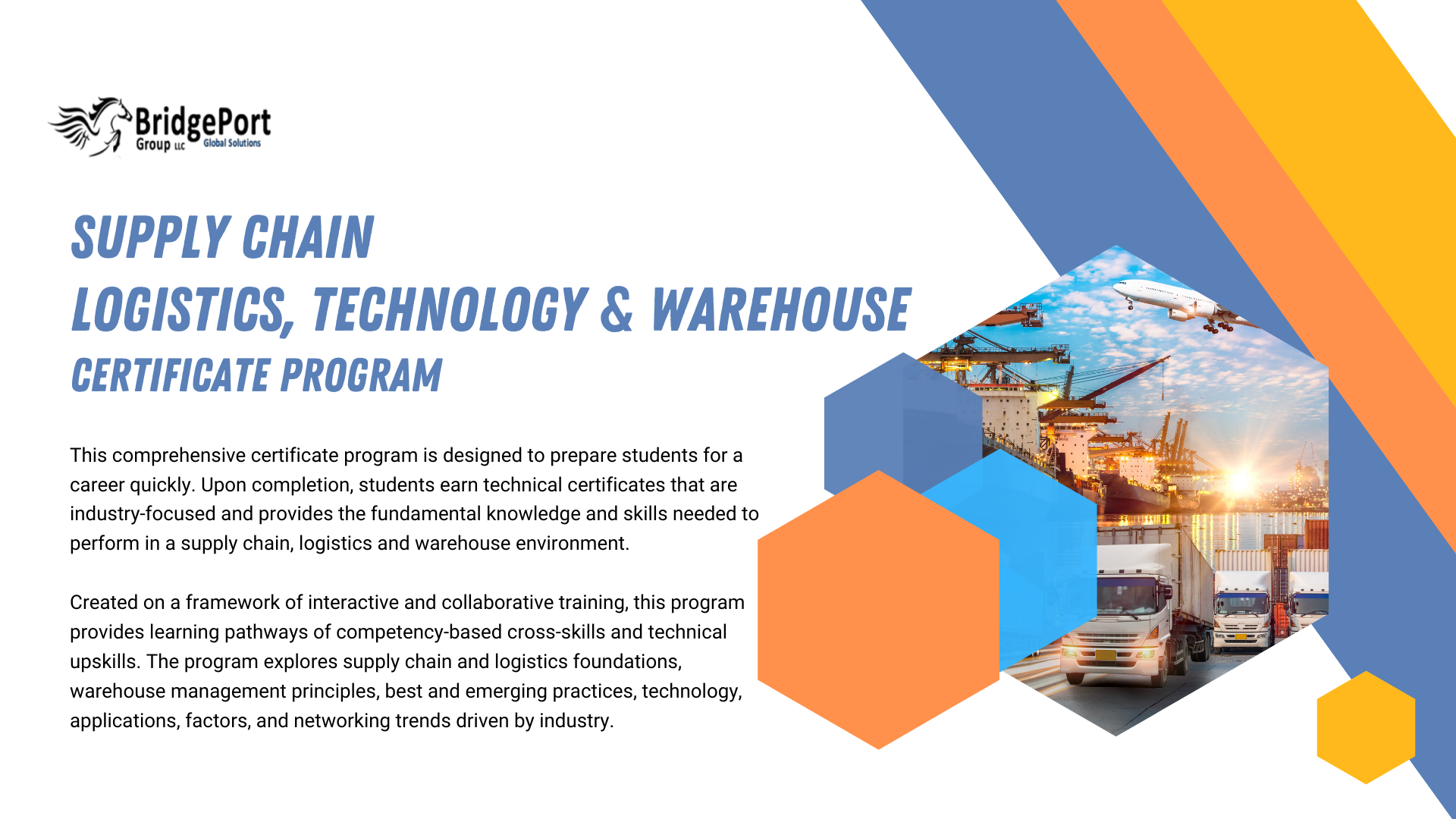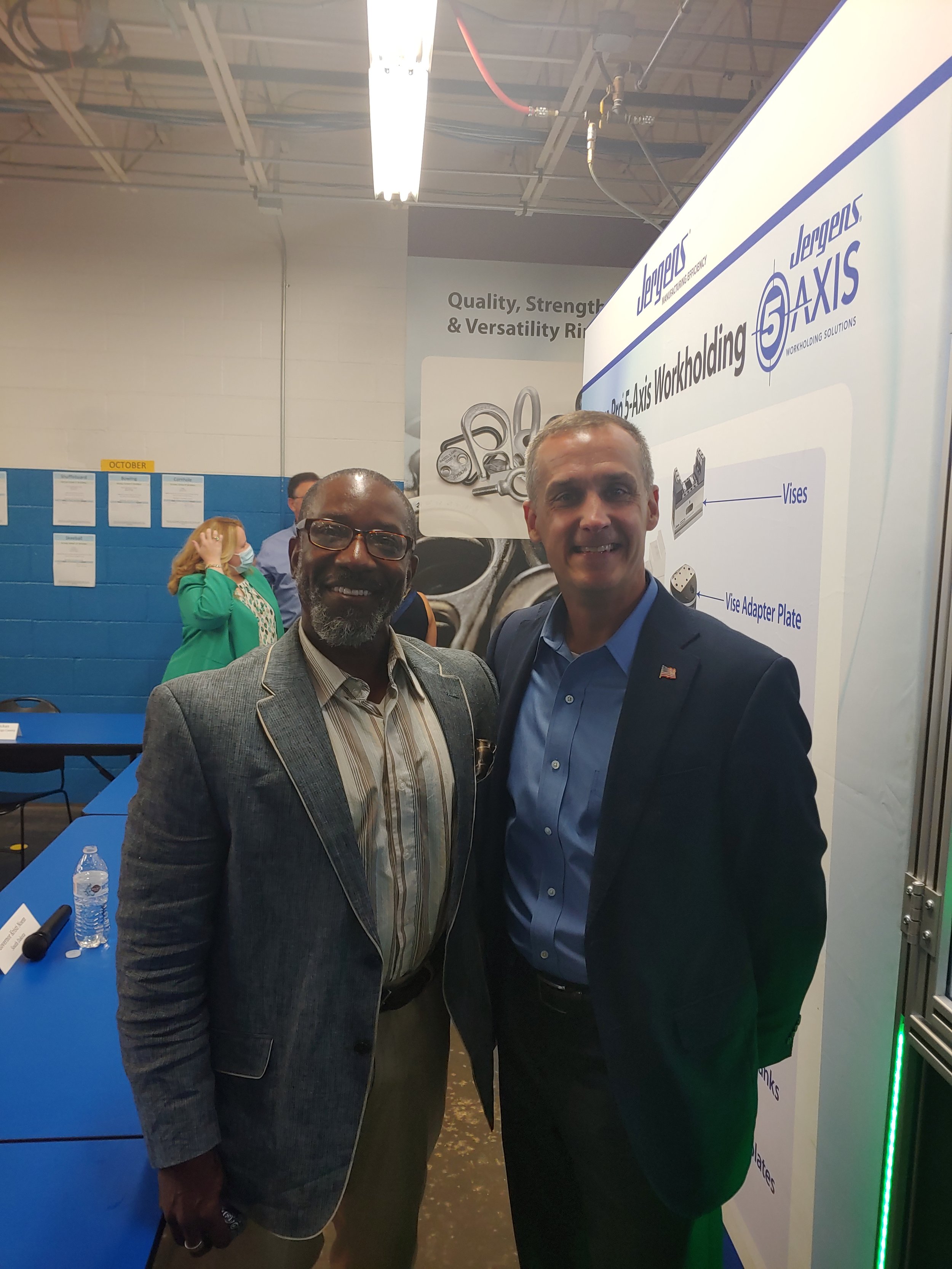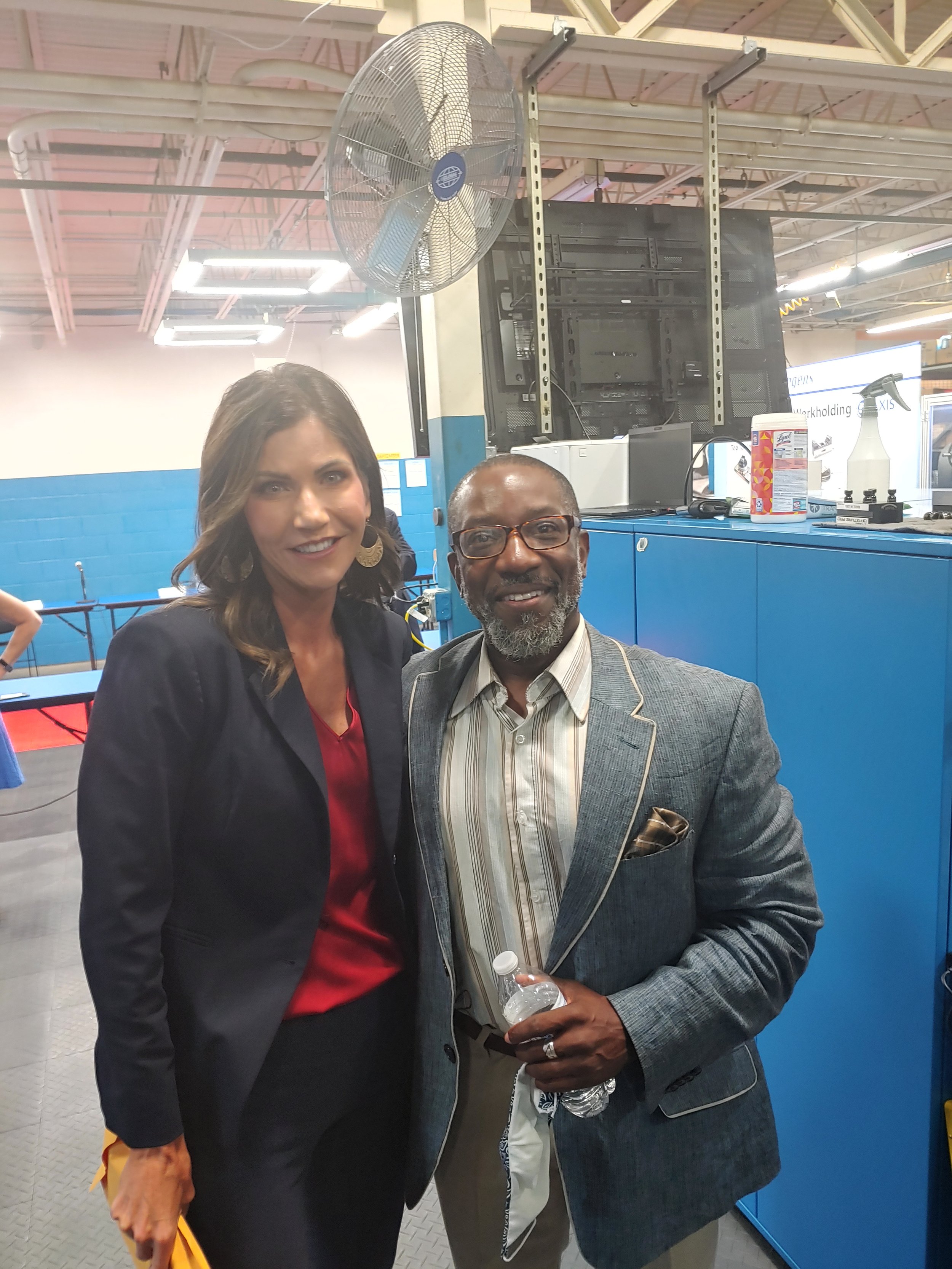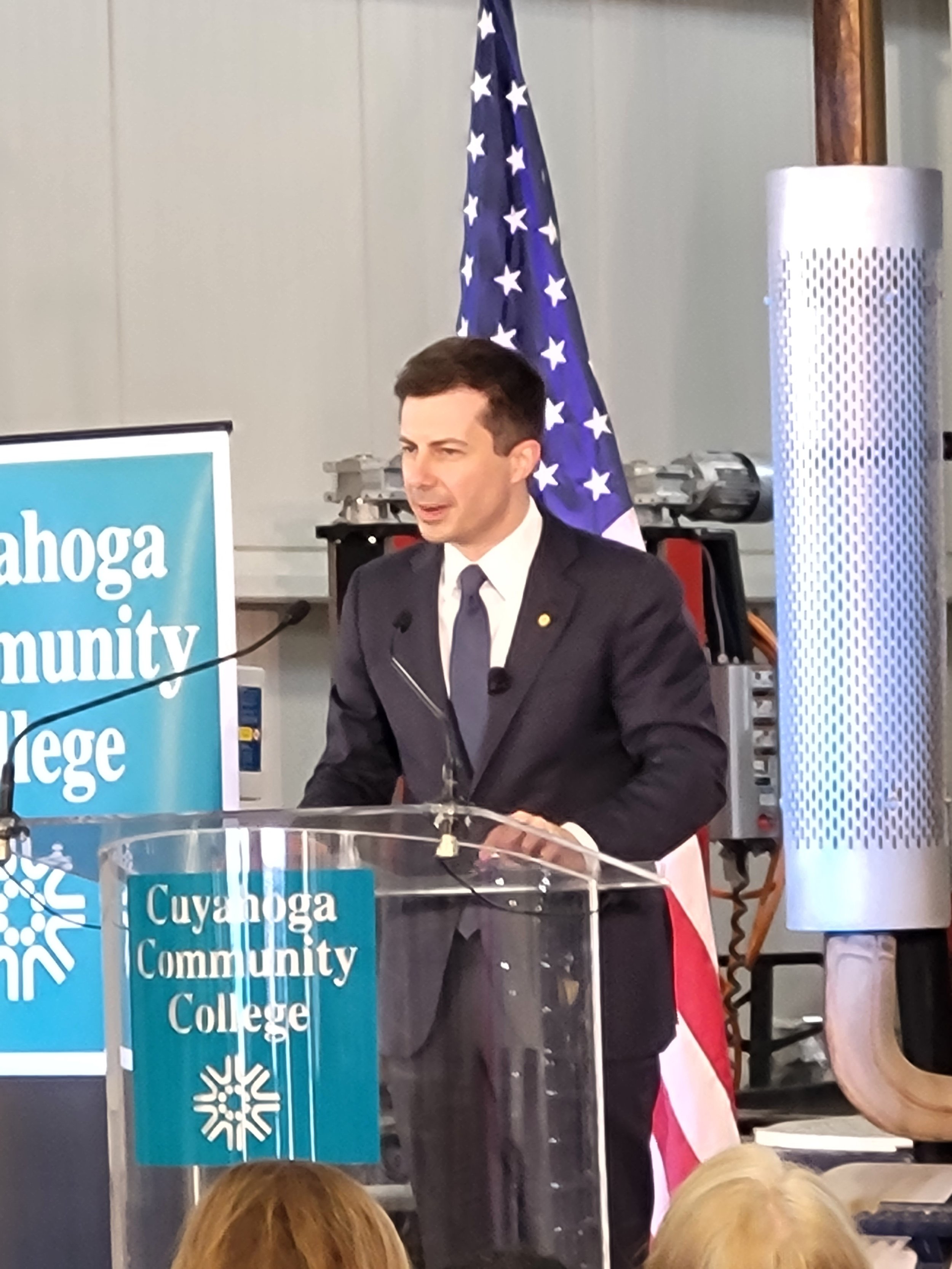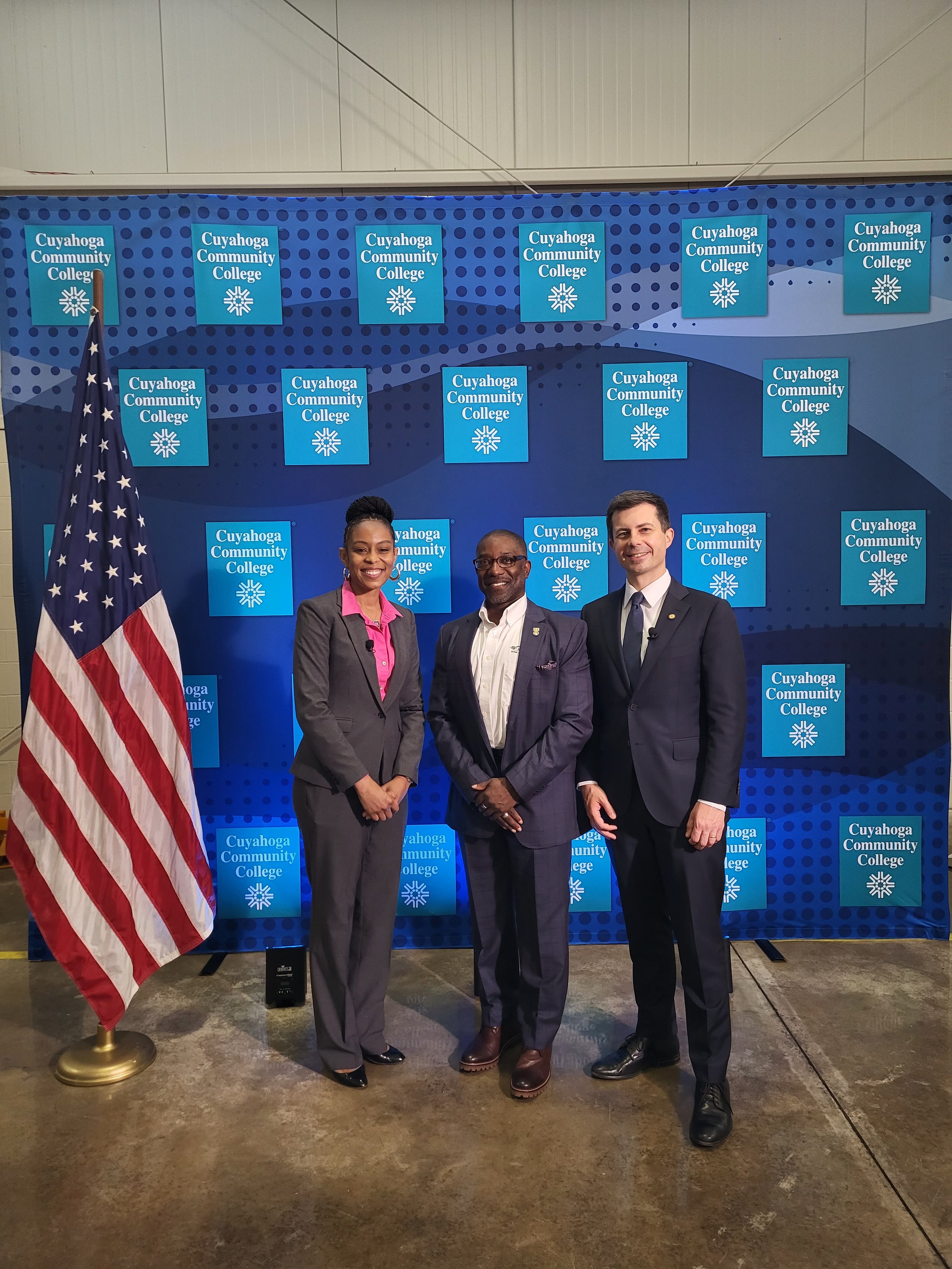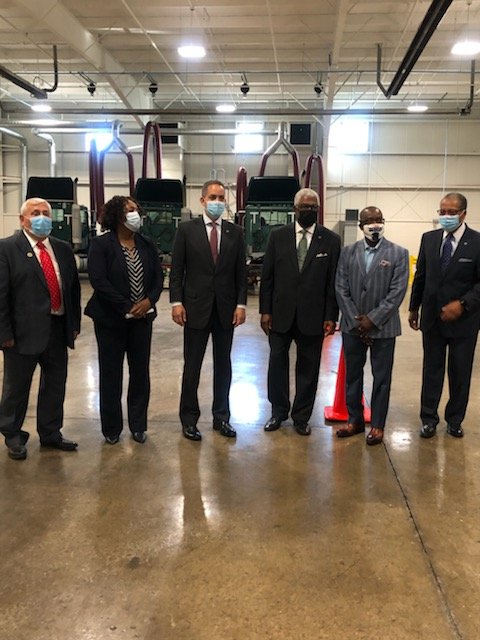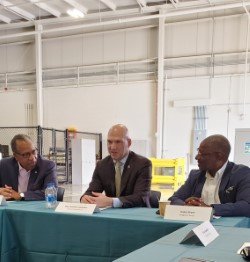In this article series, we are featuring one of many careers within Supply Chain Logistics, Technology & Warehouse.
Procurement Officer
A procurement officer is primarily in charge of overseeing the procurement of supplies and equipment for an organization, prioritizing cost-efficiency and quality.
“Procurement is the method of discovering and agreeing to terms and purchasing goods, services, or other works from an external source, often with the use of a tendering or competitive bidding process.[1] When a government agency buys goods or services through this practice, it is referred to as public procurement.[2]”
BridgePort offers a Unique 8-10 Week Certification in Supply Chain Logistics, Technology & Warehouse.
What roles are available in procurement and supply chain?
Procurement and supply chain cover a range of functions relating to a company’s purchasing and supplier policies. It is the function’s job to ensure an organisation is compliant, sustainable and spending efficiently.
What are the areas covered by procurement and supply chain?
Procurement and supply chain are part of a broad function occupied with procuring the necessary services and products to ensure the smooth running of a company’s product production and delivery.
Procurement and supply chain are becoming more aligned with one role often covering the delivery of both aspects from purchasing to manufacturing and distribution.
Here are some of the areas that a career in procurement and supply chain could entail:
Buying products or services
Purchasing is a key component of any procurement role. The task of buying products or services and ensuring that suppliers comply with legal and company policies.Managing procurement processes
Procurement may involve the management of internal processes such as adding new suppliers and ensuring they are compliant.Supplier relations
A key aspect of a role within supply chain and procurement is supplier relations. It’s important to ensure that suppliers are happy but also delivering on their promises and price.Understand business goals and objectives
Naturally as a function with its hands around the purse strings, procurement professionals need to have good business acumen to be able to understand the main goals and objectives of their organization, and how their role fits into that.Policy management
Policy management is important for procurement professionals as they need to ensure that their policies are being implemented and adhered to, whilst also updated as business priorities and legislation changes.Sustainability & Ethics
As a function concerned with the production, buying, selling and transportation of products and services, sustainability and ethics fall under supply chain and procurement professional’s remit. Ensuring that supply chains are sustainable and ethical is essential to ensure a company does not break the law as well as maintaining company image.Manufacturing
Some supply chain roles may be directly involved in the manufacturing of products. A supply chain professional needs to be aware of the products being sold ensuring quality, quantity and price.Merchandising
Supply chain professionals may also be involved in the merchandising of a product such as the packaging, design and product description. Working closely with marketing teams, supply chain professionals will work on a go to market plan to ensure the success of their product.Operations & Logistics
Operations and logistics are important for supply chain professionals who need to ensure the efficient transportation of goods, especially in a global market, and project manage the systems, structures and processes to plan and execute the flow of goods and services from supplier to customer.
Who is a Procurement Officer (PO)?
Also known as a purchasing manager or procurement manager, a procurement officer is someone who is accountable for procuring goods and services for their organization.
Honestly, being a procurement officer isn’t an easy job. Because it is the procurement officer’s responsibility to ensure the enterprise spends wisely both money and resources. There is no doubt that this role needs a certain kind of skill set and often goes unrecognized and unrewarded.
In enterprises, the procurement officer usually leads a team of procurement experts or agents and often reports to a chief procurement offer (CPO). On the other hand, in small and medium-sized, the procurement officer doesn’t have any team and is often a department of one. In such scenarios, the procurement officer reports either to the Chief Finance Officer (CFO) or Chief Operations Officer (COO), depending on who takes the responsibility. Regardless of the size of the business, procurement teams should work closely with the finance, legal, and operations teams.
What are the Duties of a Procurement Officer?
Now that we have seen who a procurement officer is, let’s take a look at the duties of a procurement officer.
A procurement officer ensures that the enterprise makes wise decisions in matters related to purchasing goods and/or services to resell or use. Lately, the demand for the services of procurement officers has increased. A report from the Bureau of Labor Statistics says that the job opportunities for procurement officers are witnessing little to no change at least until 2024. Working as a procurement officer comes with many responsibilities that are vital to the organization’s success.
Staff supervision
A procurement officer is responsible for overseeing the activities of the department that deals with purchases and sourcing. As a part of their job role, a procurement officer assigns duties to each staff member and reviews their work. In addition, they make plans for the purchase of new equipment, services, and other supplies. Thanks to their knowledge of procurement procedures, procurement officers can hire the right people for their department and provide them proper training in line with the procurement policies of the organization. Procurement officers can manage their team members effectively when they have thorough knowledge and expertise in relevant practices, procedures, and policies.
Purchasing goods and/or services
Activities related to the purchase of goods and/or services are completely managed by the procurement officer. They are responsible for checking the best products and services that have low prices within the options available. Along with the price, quality is also an essential factor that procurement officers consider while purchasing or approving a purchase. They ensure that the products and/or services are of high quality regardless of their price. For most enterprises, the procurement policies of the business are the foundation principles to approve such purchases.
Data handling
Regardless of the type of purchase or what goods or services are being purchased, the procurement officer is responsible for accurately maintaining the records of all purchases. It also entails the responsibility of managing the inventories of the purchased goods and services in the organization. They need to maintain all the documents or data related to the organization’s vendors or suppliers. It is the responsibility of the procurement officer to make sure that their department has all the essential information such as which supplier is responsible for what goods, delivery times, etc.
Communication with vendors
A procurement officer acts as a bridge between the organization and vendors. They have to look for efficient vendors who can deliver high-quality products and services at low or best prices and negotiate the deal for the organization. An extremely crucial part of a procurement offer’s job responsibilities is to maintain a good relationship with the vendors as it can provide the organization excellent opportunities and get the best deals from the vendors’ side.
Ensure legal compliance
Another important responsibility of the procurement officers is to ensure every step or activity of the purchasing process follows the organizational policies and government regulations. For instance, a procurement officer who is working in a government institution complies with the State or Federal Procurement Policy Act.
For More about BridgePort’s Certification: Supply Chain Logistics Technology & Warehouse
Contact info@BridgePortGroup.Solutions



